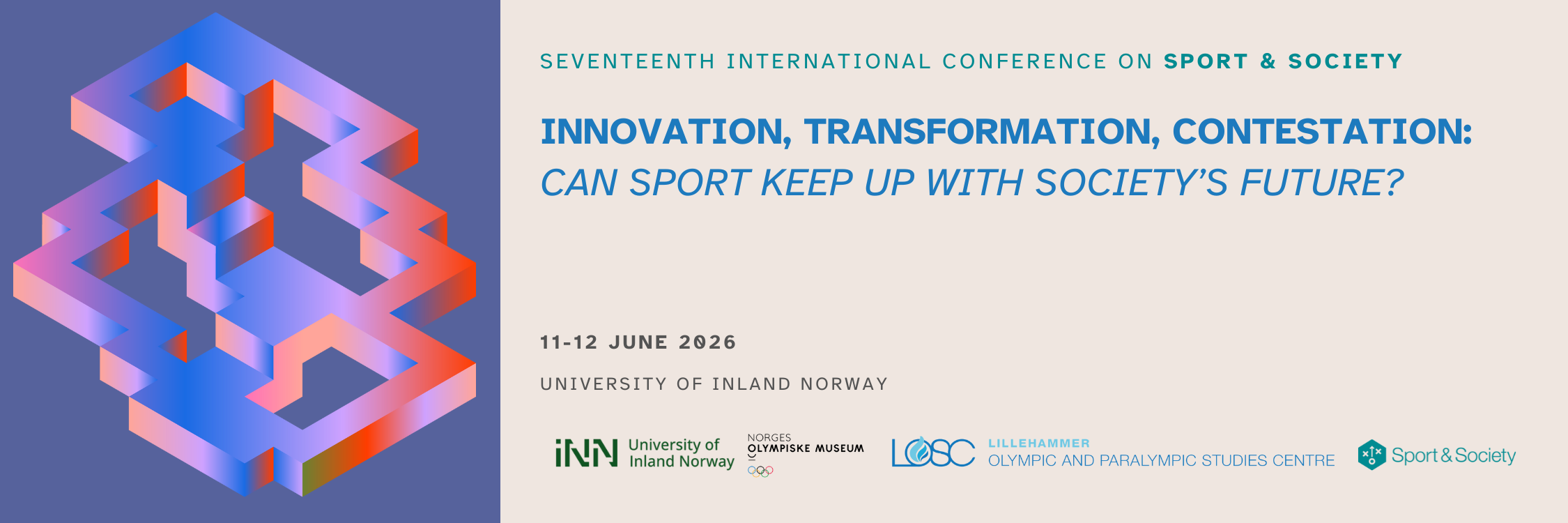Abstract
The demands of Division I sports are unparalleled. Student-athletes devote a significant amount of time, energy, and effort to their respective sports. Student-athletes, when asked about their future, often have the mindset of “I am going to play professionally after school” or “I don’t know, I have not given much thought to it.” Nowhere is this more evident than in the case of football with the demands of time including, but not limited to strength training, nutrition, film sessions, team meetings, fan engagement, and of course academics. All these demands on their time leave student-athletes at a disadvantage when compared to the traditional college student who is building their resume in preparation of securing a job in their chosen profession after college. This leads to a disconnect between the time and energy spent on football during college and the transition to the real world, where they begin their careers outside of football. Experiential learning is the process of learning by doing. The primary distinguishing feature is that the process embeds student athletes in real-world business scenarios by actively engaging them while remaining within the context of an academic environment, facilitating learning and reflection on their experiences.
Presenters
Ludwig SchauppProfessor, Accounting, West Virginia University, West Virginia, United States
Details
Presentation Type
Theme
KEYWORDS
Experiential Learning, Intercollegiate Athletics

